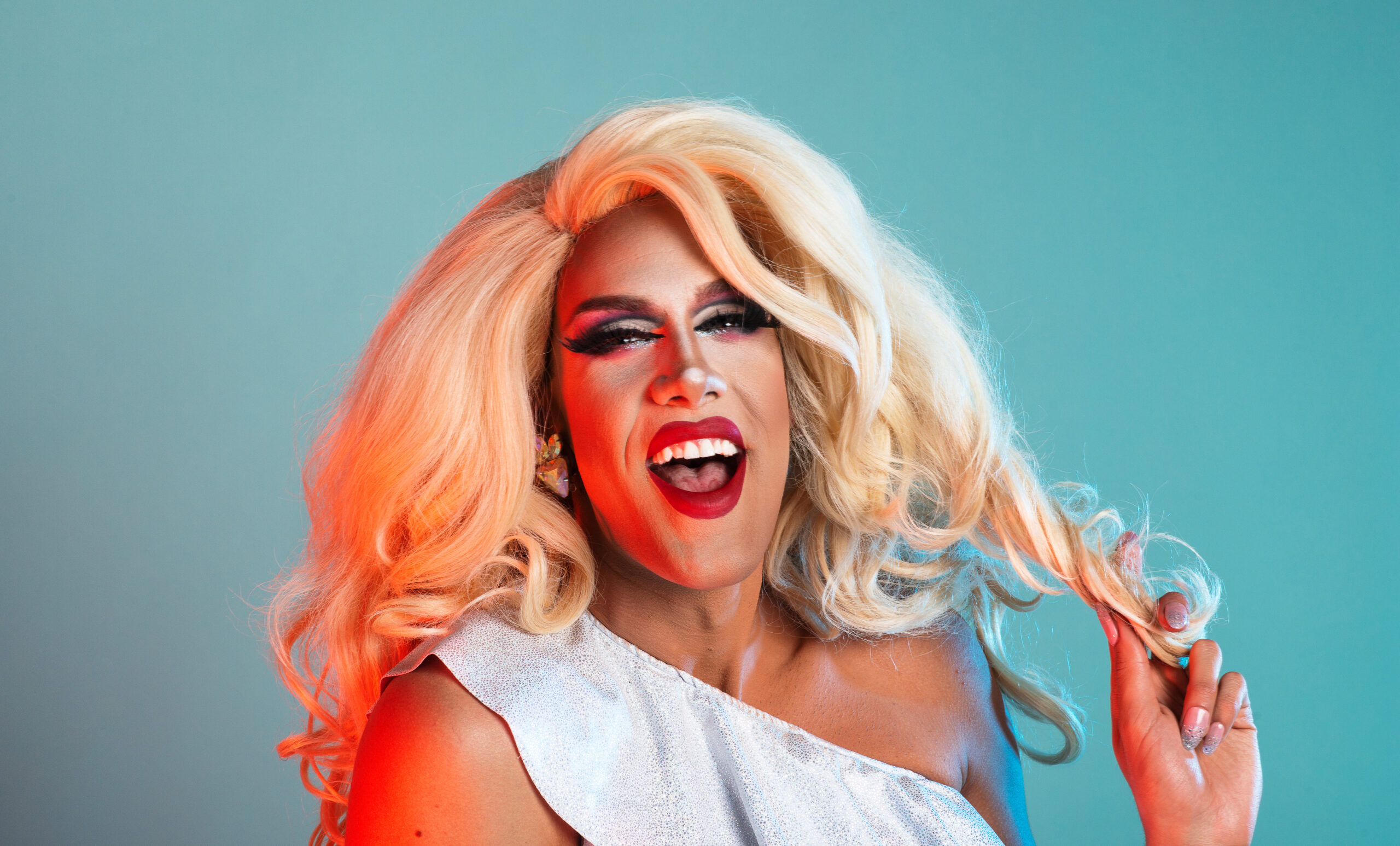
How to Address the Mental Health Challenges in the LGBTIQ Community
Over the past 50 years, lesbian, gay, bi, trans, intersex, and queer (LGBTIQ) activism in Australia has grown considerably. And by the 2010s, they finally began to break down stereotypes and tackle oppression. Yet, even though Australia is in the top five gay-accepting countries in the world, ranking 79%, the LGBTIQ community still faces twice the mental health challenges of an average person. So, let’s discuss the topic further.
LGBTIQ as a Minority
When we hear minority, we often think of ethnic or racial inequalities, but the LGBTIQ community also fits under that umbrella. Meaning they have quite different experiences and more emotional hurdles than most people.
To begin with, the LGBTIQ community has more social stressors to contend with, such as hiding their birth sex to prevent bullying, seeing doctors that aren’t LGBTIQ-friendly or educated, and experiencing discrimination, such as fewer employment opportunities. They are also victims of physical and emotional violence, sexual harassment, and threats by friends or family members.
How Does Minority Stress Mentally Affect the LGBTIQ Community?
We have all experienced stress in our lifetimes that has negatively impacted us in many ways. Still, due to the added stressors of being a minority, the LGBTIQ community struggles more with mental health issues than the general population.
Because the LGBTIQ community experiences prejudicial treatment and less support, they are more apt to distrust others and isolate themselves, leaving them at a much greater risk of depression, anxiety, suicidal thoughts and attempts, and death by suicide.
The LGBTIQ community also struggles more with eating disorders due to body issues and gender dysphoria, a state of severe distress in which an individual’s gender does not match their sex at birth.
Chronic stress can lead to ineffective coping methods, such as substance abuse issues and other self-harming behaviour. Therefore, seeking help must be a top priority.
Help for Those in the LGBTIQ Community
There are now more LGBTIQ therapists versed in gender dysphoria and sexual identity issues that can help. There are also educational groups, support services, and peer support in the community. In addition, there are many open-minded people out there – it’s a matter of learning who will support you no matter what.
If you’d also like to join a support group for the general population, one such place is Barty’s Adventures. They hold special events and adventures to help men feel better about themselves by keeping active, thus improving mental health. Barty – We Are A Mental Health Initiative.
Making a Difference for Those in the LGBTIQ Community
As a society, we still have much to learn about the LGBTIQ community; however, it is never too late. So, what are some things we can do to make a difference?
Listen – Everyone needs someone who will listen to them or whom they can lean on. Therefore, why not be that person? You don’t need to have all the answers or fix their situation; just lend a genuine ear.
Stop judging – The world can be cynical and judgemental, and it never feels good to be on the receiving end of someone’s scrutiny. Therefore, why would we want to treat the LGBTIQ community that way? Learning to become open-minded teaches us humility.
Respect boundaries – There’s a difference between asking questions and prying. So, in other words, don’t ask about their birth name or medical procedures unless they choose to. Instead, ask sincere, open-ended questions showing that you’re interested and do care.
Use correct terms – Most teens would never want to be referred to as a child, just as a man wouldn’t appreciate someone calling them a boy. Therefore, addressing the correct pronouns with which an individual in the trans community identifies is very important to them, too – i.e., she/her, he/him, they/theirs.
Getting accustomed to using the proper pronouns might take some time, so if you call them by the wrong pronoun, respectfully correct yourself and continue to practice.
It’s Time We Embrace Diversity
The LGBTIQ community should never have to face oppression, harassment, or cruel treatment. Therefore, we must work together to eliminate discrimination, respect other people’s choices, and embrace diversity. We truly can save lives by accepting their individuality.
Why Not Try Online Therapy?
Hopefully, these points could give some comfort, but sometimes just reading quotes isn’t enough. Online therapy can be a great option if you or a loved one is looking for more support.
Therapy through BetterHelp.com/Barty can be more affordable than traditional therapy and allows many options to communicate with your therapist from the comfort of your home. Most importantly, remember that it is okay not to be okay, and you are no less of a human for feeling your emotions and being vulnerable.
To receive 25% off your first month, head to BetterHelp.com/Barty
Feel free to drop by if you’d like to chat and just say, ‘Hey Barty,’ in strict confidence, and you can be anonymous if you wish. Or do not hesitate to leave a question in the comments section below at any time.

